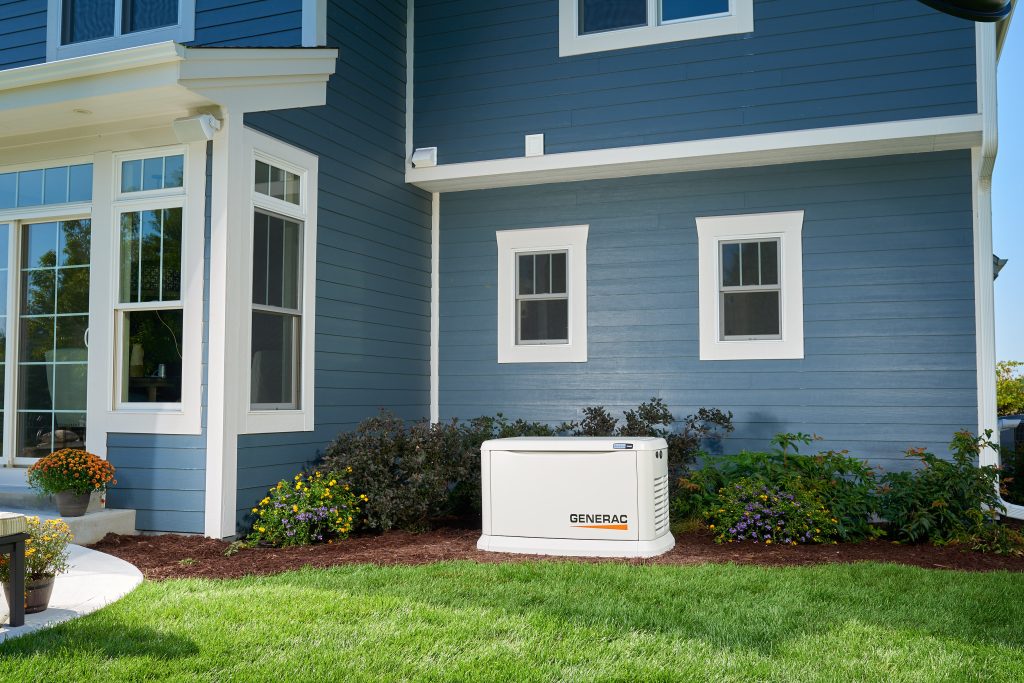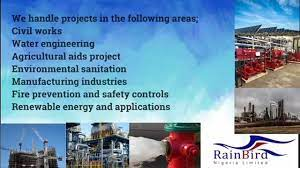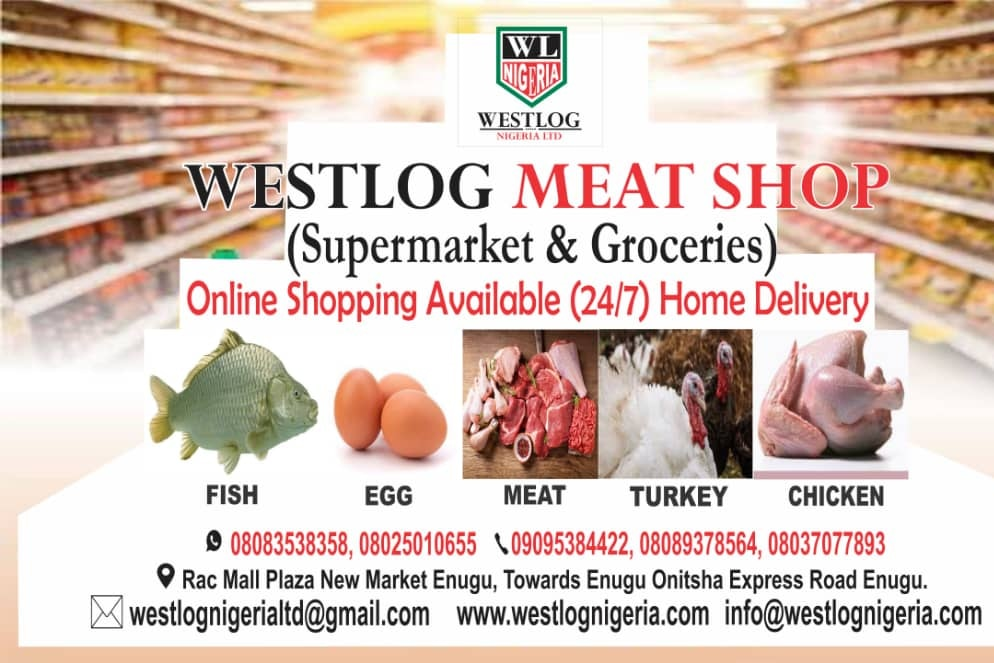
Nigeria runs the risk of falling into a food crisis if the restrictions to import food are not relaxed.
Sponsored Images




27 states in Nigeria have been hit by flooding caused by heavy rains and the release of water from the Lagdo Dam in neighbouring Cameroon, which has left 500 killed, thousands injured, millions homeless and disrupted fuel supplies.
The National Emergency Management Agency (NEMA) and the Humanitarian Affairs ministry, in a statement on Friday, warned that floods have hit 27 of Nigeria’s 36 states and impacted around 1.4 million people, as NEMA chief, Mustapha Habib Ahmed said, “The scale of the disaster is colossal”.

Considering the fact that most of the states affected constitute Nigeria’s highest food-producing states, with multiple farms destroyed due to flooding, food prices would be impacted soon, as the already reduced supply due to insecurity, is expected to put a strain on food prices.
Nigerians have already started noticing sharp price increases due to food shortages caused by flooding:
This is made worse by the fact that Nigerian Customs warned last week that the federal government’s directive on border closure is still in force.
Customs Area Controller, Niger/Kogi Command, Busayo Kadejo, noted that his command recorded the seizure of bags of fertilizer and rice.

Dear Readers, Good and credible news reportage is tedious task and requires huge finances.
We are soliciting your Noble support for as low as N1,000 your support would go a long way in assisting us to continue to guarantee our readers quality news.
Bank transfers can be made to:
Account Name: Harvest and Commercial
Bank: Sterling Bank
Account Number: 0078627735